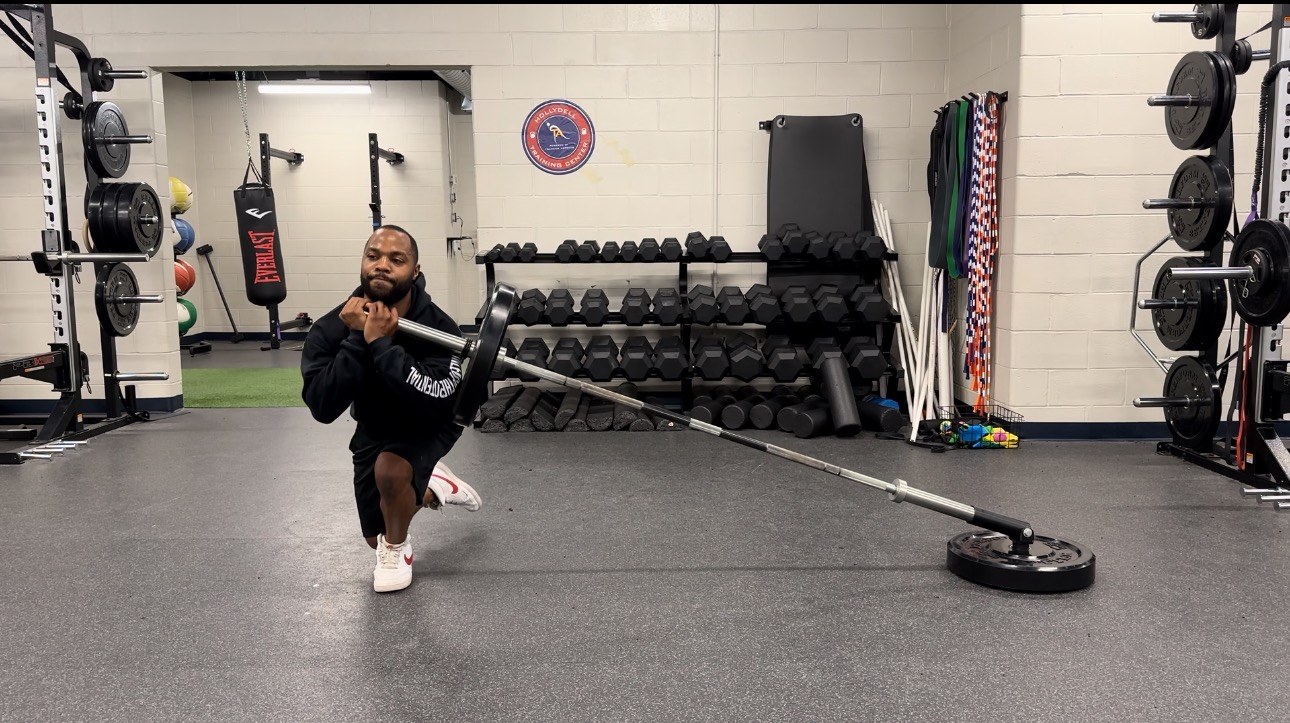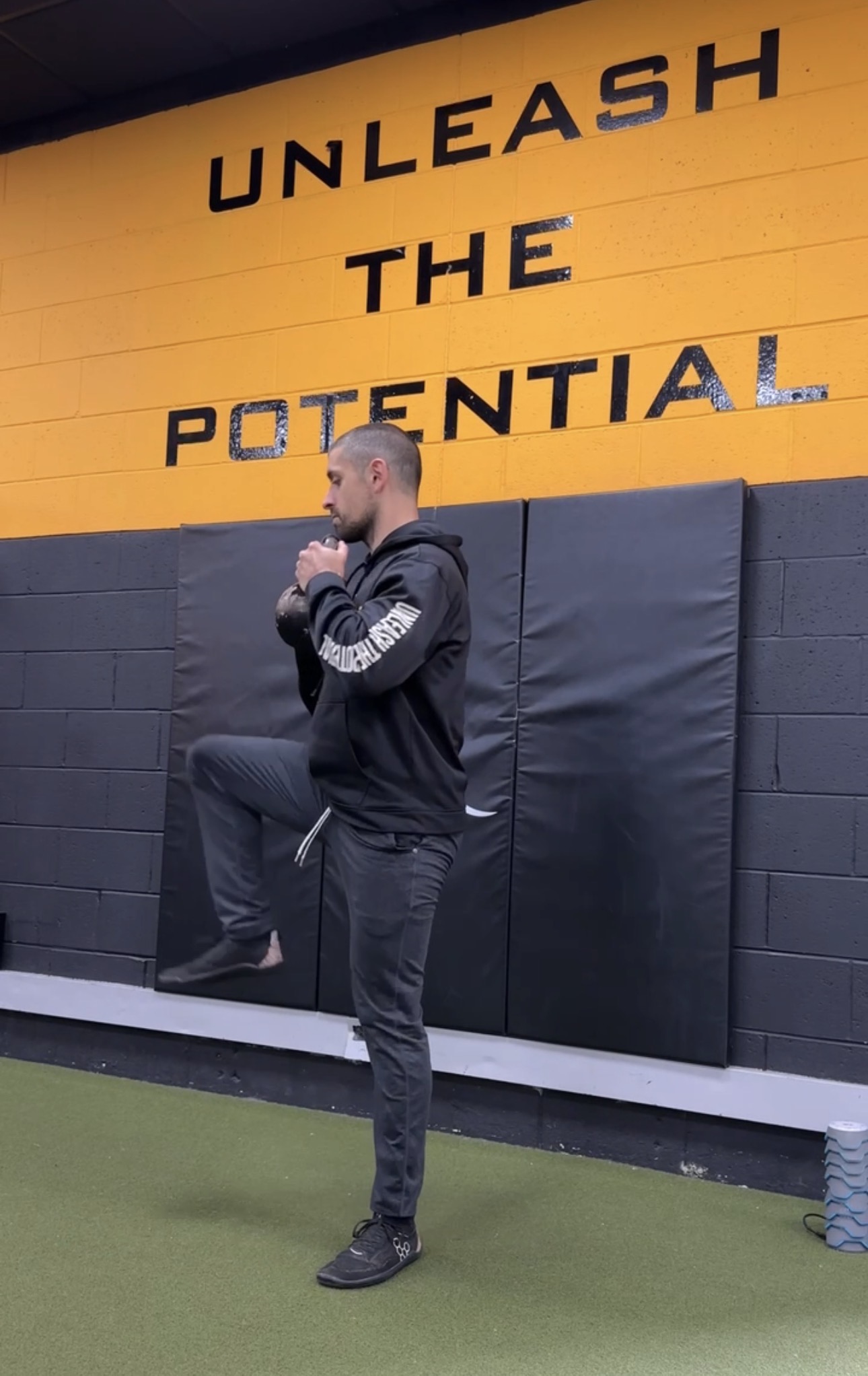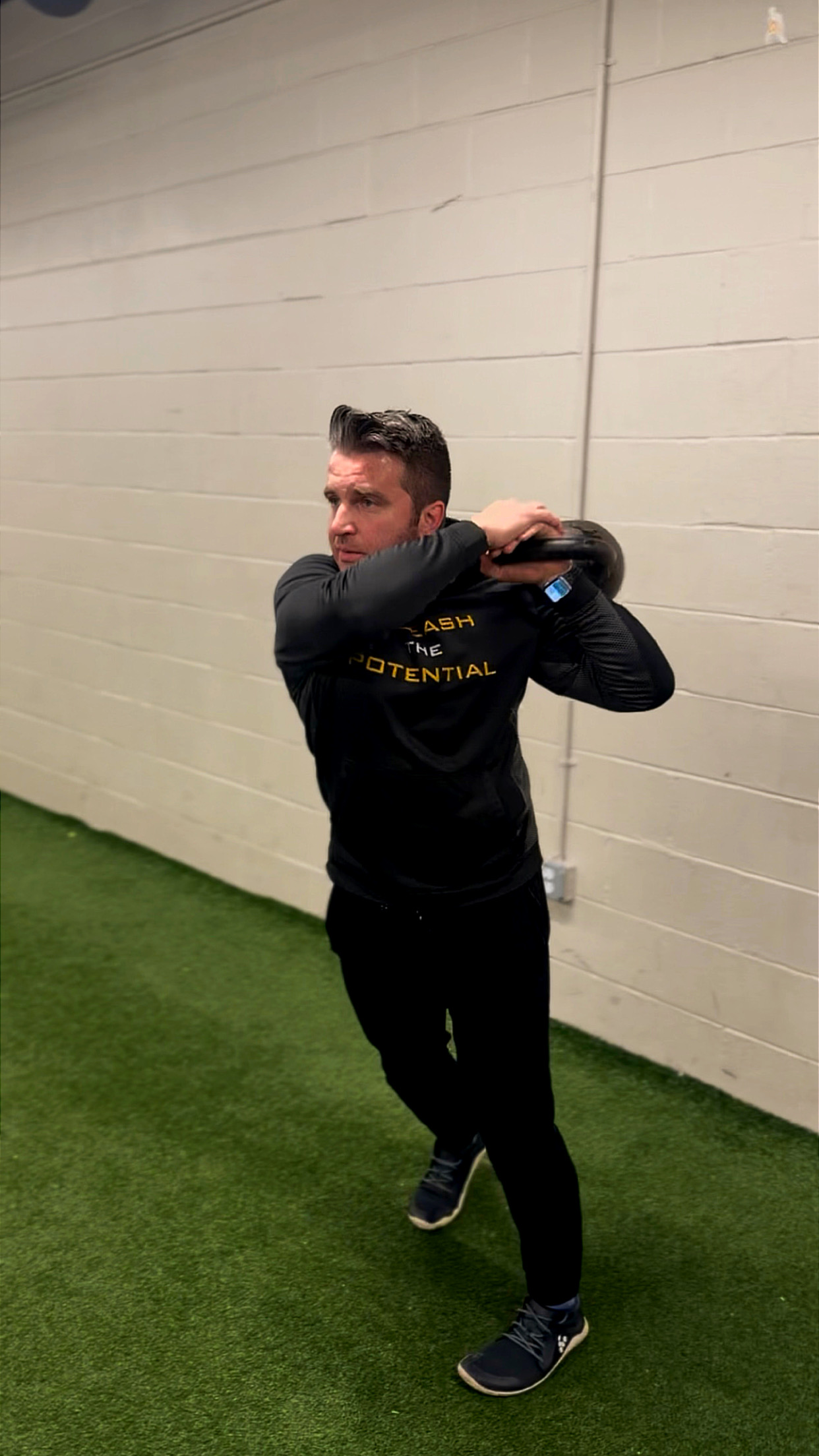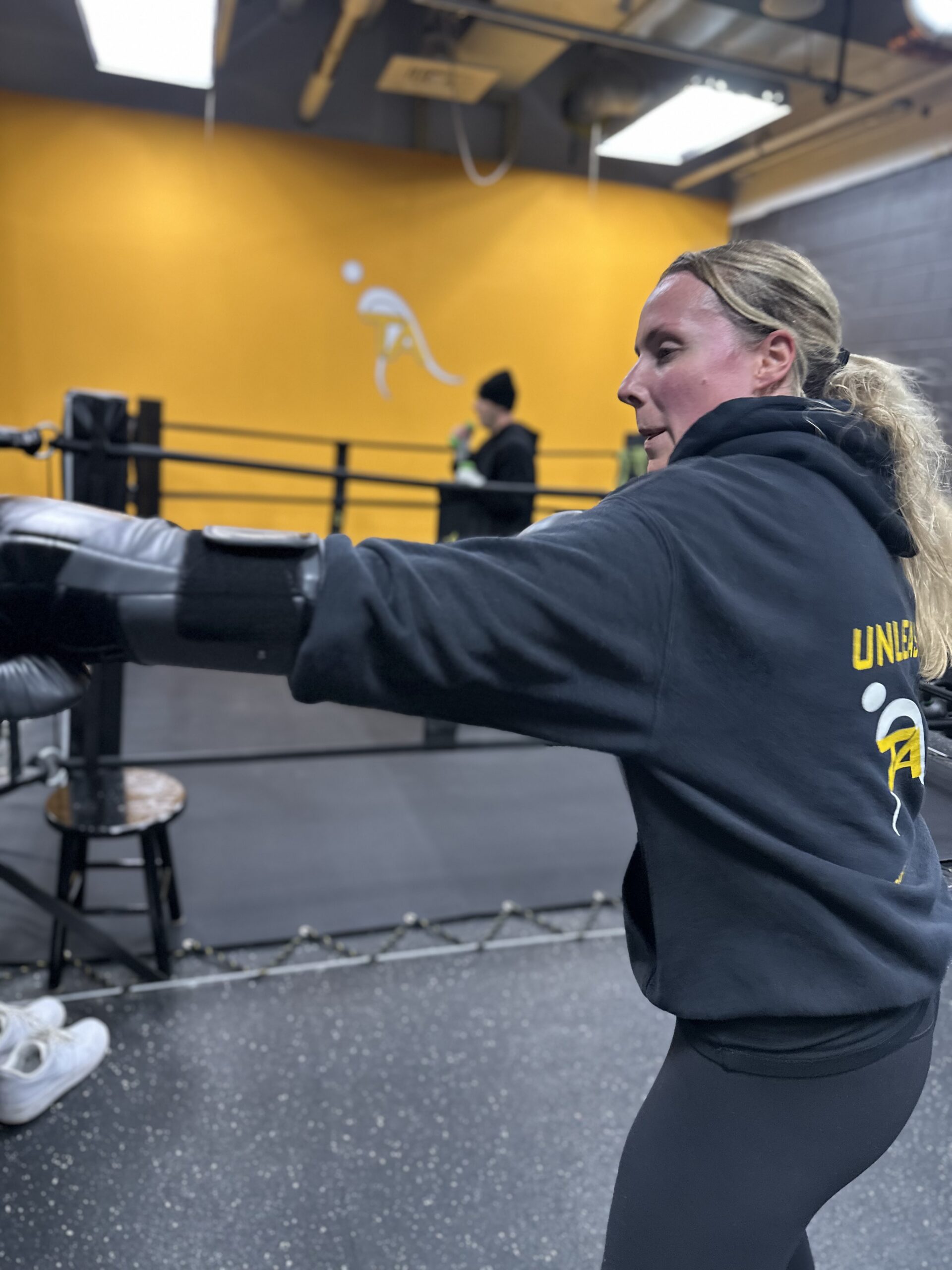Have you ever returned to the gym after taking a few weeks off, only to struggle lifting weights you could easily handle before? This is often due to muscle atrophy—when you lose muscle mass and strength from not working out for as little as two weeks. Whether you’re injured or recovering, the road back to peak performance may seem tough, but we’re here to help you minimize that loss and get back on track.
Muscle Memory and How It Relates to Fitness
If you’re just starting a fitness routine or increasing your physical activity, you might notice that it takes time to coordinate your movements with your body. On the other hand, if you’re an athlete returning after a few weeks, months, or even years, you’ll likely experience that certain exercises or movements become easier after a few reps. This is due to muscle memory.
In fitness, muscle memory refers to the ability to regain muscle strength in muscles that have been previously trained. For example, whether you’re doing lunges, playing the piano, or even tapping your foot, your body “remembers” the movements, making it easier to bounce back after periods of inactivity.
How Long Is Too Long for a Break?
Every athlete has heard that taking a break during the off-season is good for recovery. The wear and tear of a sports season can be hard on the body, so rest is essential. But how long is too long?
Many athletes or fitness enthusiasts engage in “active rest,” where they switch to lower-intensity activities or cross-train in another sport. However, after just 2–3 weeks of inactivity, you might notice a slight decline in muscle strength. In terms of muscle size, it generally takes about 6–8 weeks of inactivity before noticeable muscle loss occurs.
Cardio fitness, however, diminishes much faster. You can start to lose cardiovascular endurance in as little as 3–5 days. This is because your body loses its efficiency in utilizing oxygen over time, which is crucial for endurance training.
Key Takeaways for Maintaining Gains
When taking a break from your workout routine, remember that the longer you stay inactive, the longer it will take to regain your fitness. Factors such as age, weight, and activity level can also influence how quickly you lose muscle mass and cardio fitness. Staying active—even with light exercise—can help slow the decline in muscle and endurance. Also, remember that different types of muscle fibers affect how you improve or lose fitness over time.
By understanding muscle memory, knowing how long breaks impact strength and endurance, and factoring in your unique fitness level, you can better manage muscle atrophy and maintain your gains, even during periods of rest.
Written By:
Darrid Watson, CSCS, NSCA-CPT
Take action… Now!
Voorhees Flyers Training center. The Hollydell ice arena, in the main building. Ice land hockey rink



